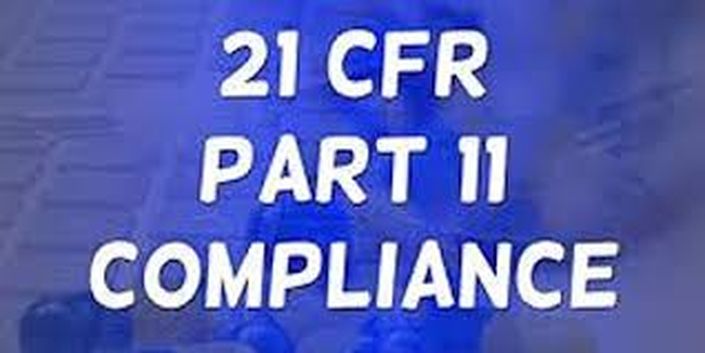Overview
The session will provide an understanding and overview of GCP requirements and clinical quality assurance in detecting fraud and misconduct in clinical trials. Gain experience and learn more about detecting, correcting, and preventing clinical study misconduct and fraud at domestic and international clinical sites. The issue of fraud is again a focus within the clinical research industry. Although high-profile cases tend to periodically pique our interest, ensuring the integrity of data and the protection of participants during the conduct of clinical research is an ongoing process. Developing and incorporating systems for detecting and preventing fraud should be a standard part of any compliance plan. We will address this and much more.
Why should you attend:
- Learn what tactics to use to prevent and detect fraud and misconduct in clinical trials
- Learn the regulatory background of fraud and the criteria for characterizing misconduct as fraud
- Explore strategies for dealing with common clinical trial monitoring issues and the key documentation required as part of clinical trial project management
- Identify common GCP deficiencies and reviewing potential roadblocks for non-compliance
- Detecting, correcting, and preventing clinical study misconduct and fraud
- Achieve compliance success by being prepared and understand the inspection process
Webinar Takeaway
- Learn the regulatory background of fraud and the criteria for characterizing misconduct as fraud
- Define the basic requirements of Good Clinical Practices
- Determine the appropriate responsibilities and oversight required of the sponsor, monitor, and investigators to ensure a high level of quality in a clinical trial
- Quality practices that are designed and implemented to guarantee compliant clinical trials
- FDA GCP inspections and recent trends
- Define, and differentiate between, fraud and misconduct / noncompliance
- Develop an understanding of why and how fraud occurs
- Examine methods for detecting and preventing fraud and misconduct
- Explain the Sponsor / CRO, IRB, Clinical Investigator, and Study Staff role in detection and prevention
- Identify and establish methods to uncover and preclude fraud and misconduct in clinical trials
- Develop trial guidelines and a framework which will easily identify any misconduct and which is capable of quickly addressing any issues that arise in order to avoid regulatory consequences
- Enforcement Actions
Who will Benefit
All levels of Management for all departments and those who desire a better understanding, overview and / or refresh of GCP audits, recent FDA enforcement activities, and certainly uncovering any potential misconduct and fraud in clinical trials, including:
- Clinical Quality Assurance Professionals
- Clinical Research Associates
- Project Managers
- Clinical Investigators
Industries who can attend
This 60-minute online course is intended for professionals in the Medical Device, Biotechnology,Pharmaceutical Industry. Although not presently stated in the draft , the same guide could be used by FDA Regulated Industries personnel
Faculty David R. Dills
David R. Dills, is currently the Director of Regulatory Services at CROMSOURCE, an international contract research organization (CRO to the pharmaceutical, biotechnology, and medical device industries. Mr. Dills has more than 28 years of experience in the medical device and pharmaceutical industry. He has held positions of increasing responsibility with sponsor and service companies of various sizes, including large, global OEM’s/sponsors, consultancies and a global CRO, as well as virtual, small, mid and large-sized enterprises and has serviced sponsors and clients in multiple global locations. Mr. Dills’ most recent position was President and Principal, Global Regulatory Affairs Consultant with a consultancy in the US, and prior to that he served in senior level regulatory and compliance roles for various organizations.




